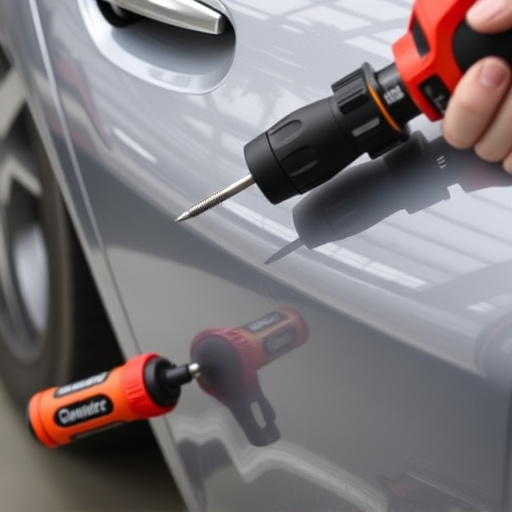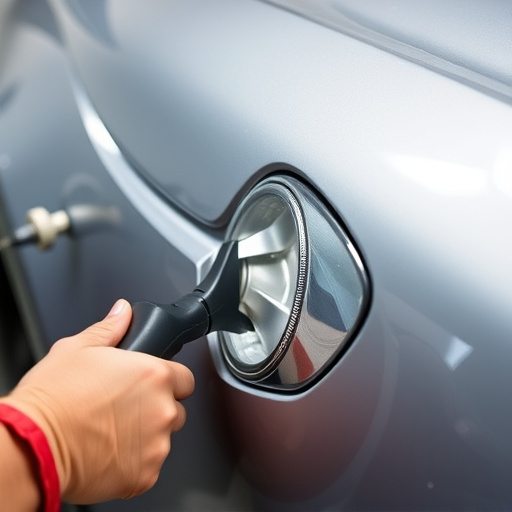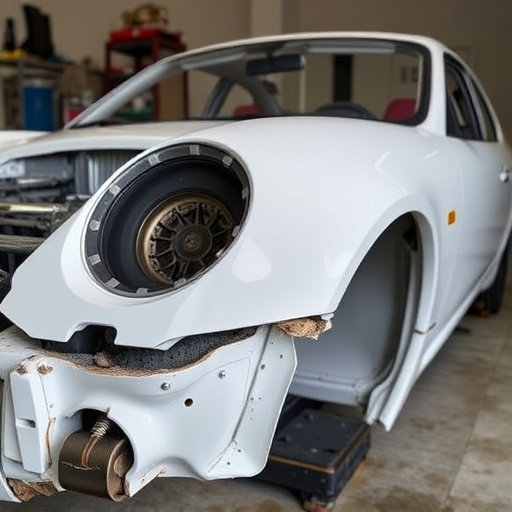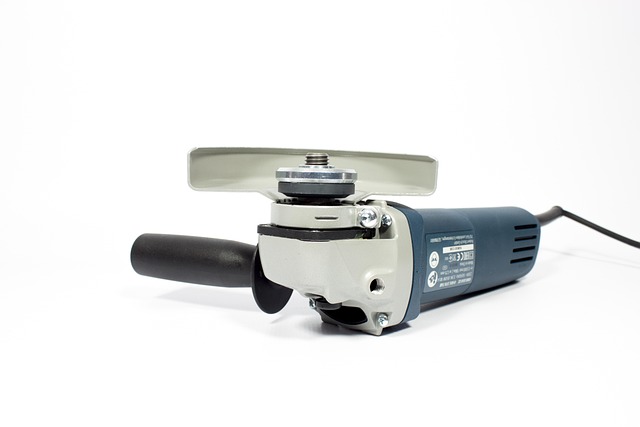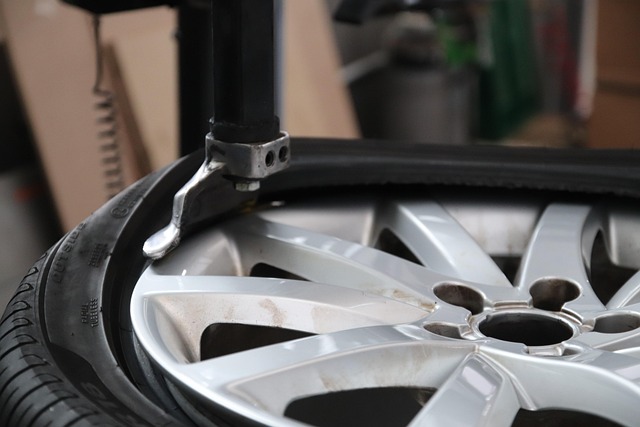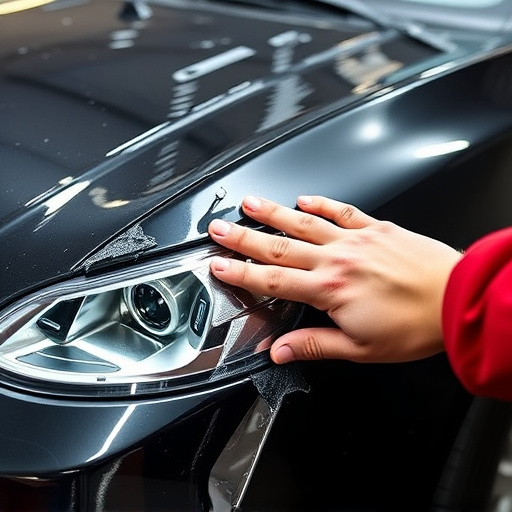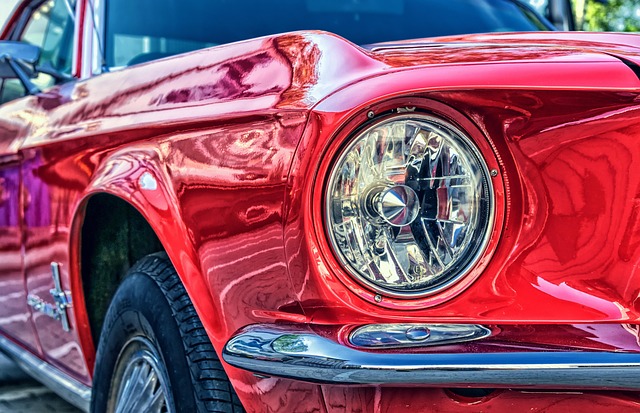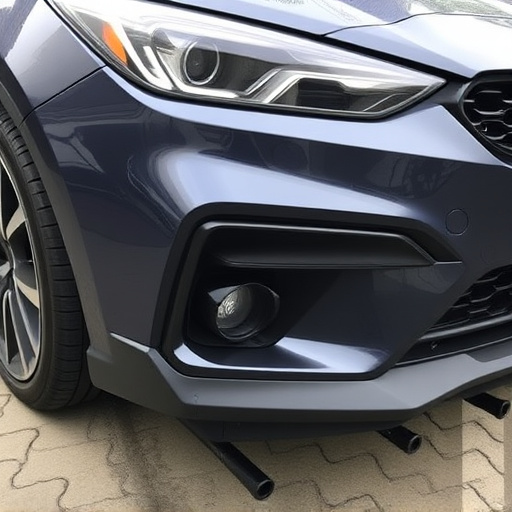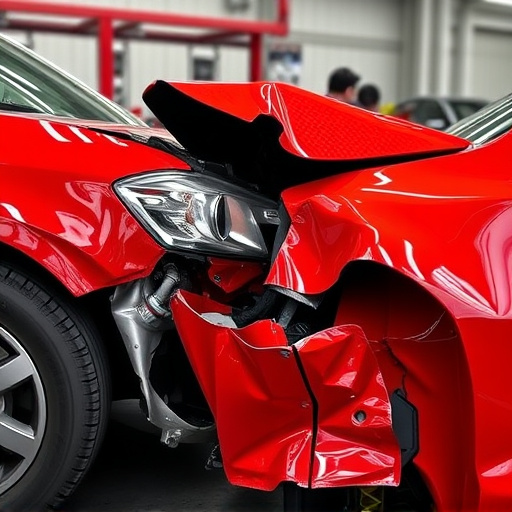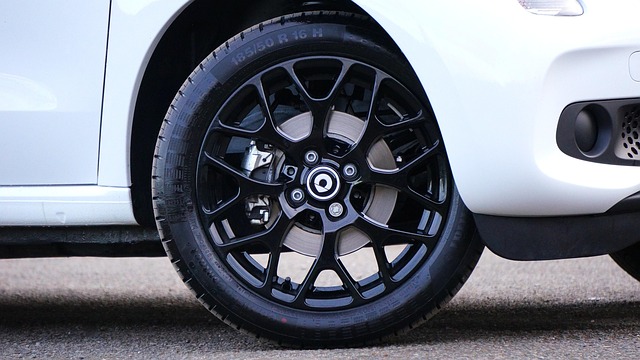Vehicle frame inspection is a meticulous process using diagnostic tools to evaluate a car's structural integrity, crucial for safety and drivability. Professionals search for deformities, cracks, and misalignments against safety standards, critical in collision repair and damage assessment. This detailed evaluation is essential throughout a vehicle's lifecycle, especially after accidents or severe weather, impacting safety, handling, and aesthetic appeal.
In today’s digital era, DIY enthusiasts often seek to inspect their vehicles’ frames themselves, driven by cost-saving measures and a desire to understand their cars better. However, a DIY vehicle frame inspection comes with significant risks and limitations. This article delves into the intricacies of vehicle frame inspections, exploring what they entail, when they’re necessary, and the potential drawbacks when attempting these checks without professional tools and training. By understanding these risks, you can make informed decisions regarding your vehicle’s maintenance and safety.
- Understanding Vehicle Frame Inspection: What It Entails
- – Definition and purpose of vehicle frame inspection
- – When is a frame inspection necessary?
Understanding Vehicle Frame Inspection: What It Entails
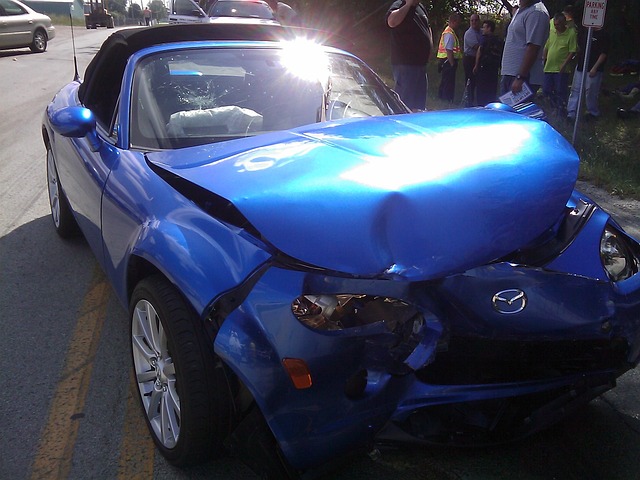
Vehicle frame inspection is a critical process that involves thoroughly examining a vehicle’s structural integrity. It goes beyond a visual assessment, encompassing various diagnostic tools and techniques to identify potential issues within the frame and chassis. This meticulous evaluation is essential for determining the overall safety and drivability of a vehicle, especially after accidents or signs of wear and tear.
During an inspection, professionals look for deformities, cracks, misalignments, and other damage that could compromise the structural integrity of the car. It’s not just about checking for visible dents or scratches; it involves measuring and analyzing key components to ensure they meet safety standards. This process is crucial, especially in cases of car collision repair or assessing car damage repair needs, as it helps in accurately estimating the extent of necessary repairs, be it for minor dents or significant structural car dent repair.
– Definition and purpose of vehicle frame inspection
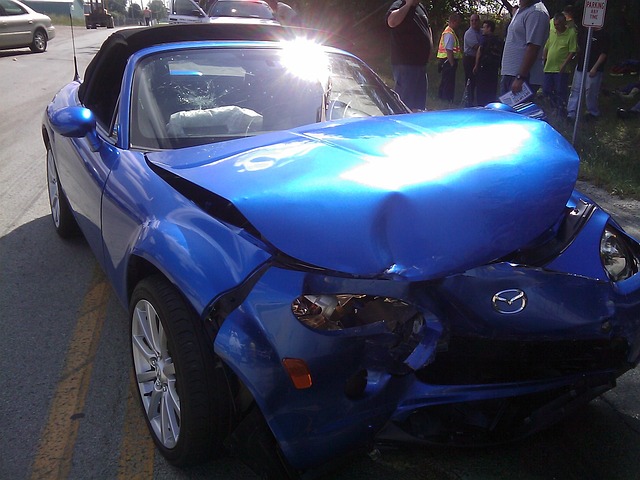
Vehicle frame inspection is a crucial process that involves meticulously examining a vehicle’s structural integrity, particularly its chassis and frame. This meticulous evaluation aims to identify any signs of damage, corrosion, or deformity that could compromise the safety and performance of the vehicle. A well-conducted vehicle frame inspection is an essential step in both personal vehicle maintenance and professional auto repair services, ensuring that cars, trucks, and SUVs remain safe and reliable on the road.
For car enthusiasts and those seeking top-notch auto detailing, understanding the condition of a vehicle’s frame is vital. In the case of luxury brands like Mercedes Benz repair, where precision and quality are paramount, a comprehensive frame inspection can reveal potential issues before they become costly repairs. By identifying problems early on, owners can make informed decisions, preventing minor issues from escalating into significant safety hazards or costly damage to their vehicles’ structural framework.
– When is a frame inspection necessary?
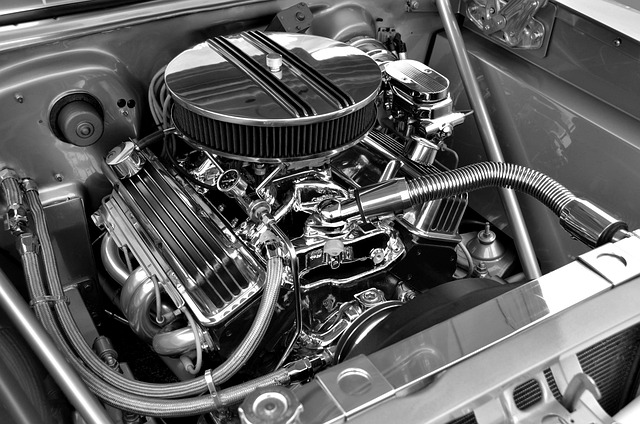
A vehicle frame inspection is a crucial step that should be considered at various points in a car’s lifecycle. It becomes essential when assessing the structural integrity of a vehicle, particularly after significant incidents such as accidents or severe weather events. These external forces can compromise the frame, which acts as the backbone of any vehicle, affecting its overall safety and handling.
Additionally, when contemplating a car restoration project or planning for extensive auto painting work, a thorough frame inspection is imperative. Identifying any damage, corrosion, or misalignments before proceeding with repair or refurbishment ensures that the resulting work is both structurally sound and aesthetically pleasing. This is especially relevant in the case of car collision repair, where restoring the frame to its original condition is vital for the vehicle’s longevity.
While DIY vehicle frame inspections can seem appealing for cost-saving measures, it’s crucial to recognize the inherent risks and limitations. Without specialized training and equipment, potential damage or misdiagnosis may occur, leading to unsafe driving conditions. While this overview has provided a basic understanding of vehicle frame inspection, relying on professional mechanics is paramount for accurate assessments and ensuring your vehicle’s structural integrity.
